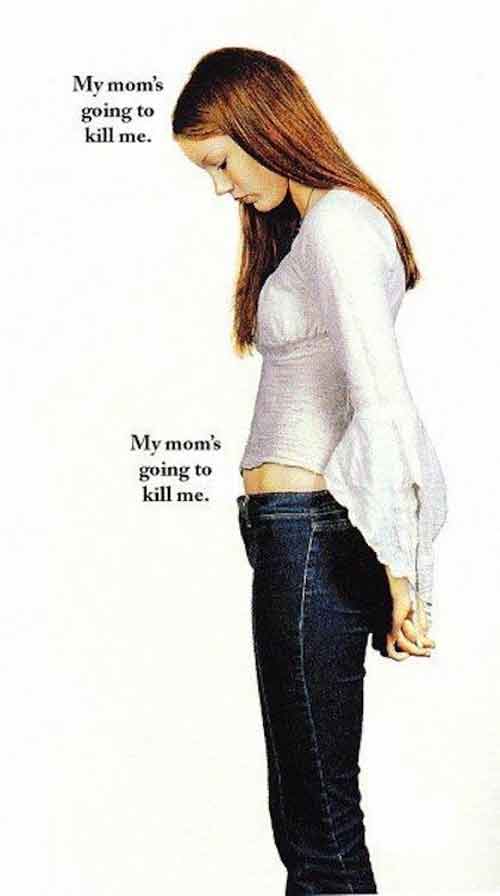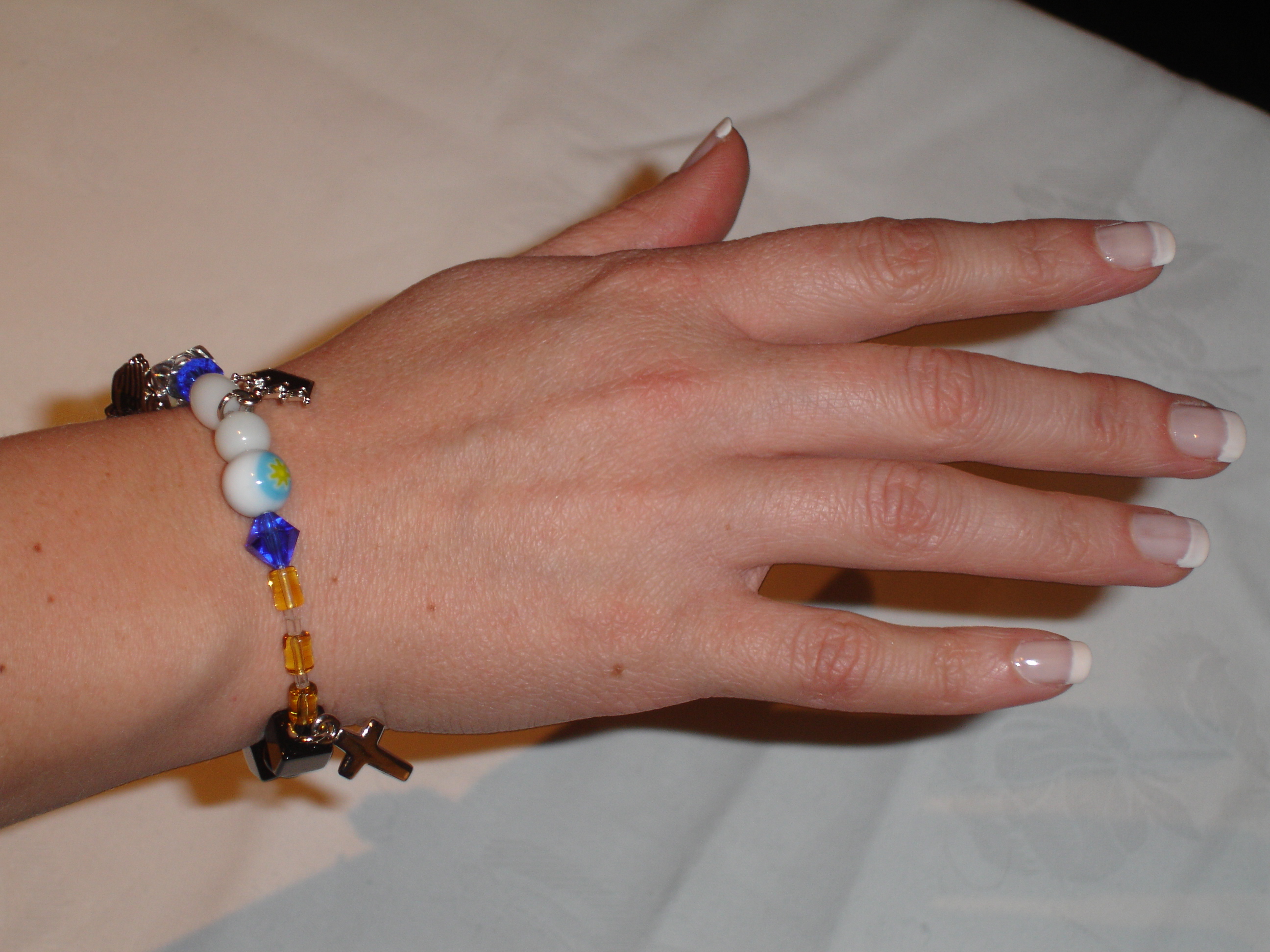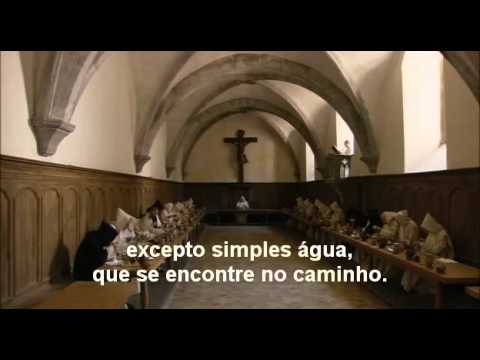

Related Posts
Lord’s Prayer Bracelet
spirituality / By
Bosco Peters
I was obviously aware of the Rosary, and also of Orthodox prayer beads for use with the Jesus Prayer, and also the Anglican Rosary (more…
Examen of Consciousness (Ignatian)
spirituality / By
Bosco Peters
An introduction to the Examination of Consciousness - an Ignatian method towards finding God in all things.
Brother Roger of Taizé
Prophet of unity, Encourager of youth, 16 August 2005 Early in my marriage, on a very lengthy world trip, Helen and I arrived at Taizé.…
“Kingdom Come” another New Zealand movie
spirituality / By
Bosco Peters
Kingdom Come, a movie on the life of Christ, will be filmed in New Zealand in 2009. The Kiwi, Dean Wright, will be the director.…
Die Große Stille – Into Great Silence
Reflections on Carthusians Philip Gröning; 164 minutesIn NZ International Film Festivals, different locations until late November 2006 I have had an interest in the Carthusians…






as a grandmother to an unexpected, unplanned, beautiful grandson, I am crying at this picture. I did not know I could love another human so much.
Thanks so much for your heart-felt reflection, Judith. Blessings.
As an Episcopalian myself, I personally feel that picture is a little disturbing and a bit offensive. It portrays every woman of child bearing age as a potential murderer and I take offense to that. Should I feel guilt if I have my menstrual period? After all, the egg didn’t get fertilized. I just think God gave women brains, and women are adults and we women don’t need our hands held and we don’t need these crazy laws like required sonograms and 24 hour waiting periods. The decision, IMO, is between the woman, God and the doctor. My Rector said that is the Episcopal Church’s official position anyway.
Thanks for your visit and your comment, Terri. I’m not sure how you draw all you do from that image, which speaks to me far more about lack of support for this young woman than your suggestion that it is about guilt for menstruation. But that is the value of images – they can speak to us differently. Hence my title for this post. It interests me that you do not list the father in your your list of who is involved in the decision. Blessings.
If I am correct, Terri’s comment reflects the current political debates over abortion here in the United States and the attempts of the religious right/Republican party to restrict the availabiltiy of legal abortion.
I find the picture disturbing because there are so many assumptions embedded in it. It says to me that only an irresponsible teen would need an abortion, and that abortion is murder plain and simple. I don’t think either of those assumptions is accurate.
You say that it speaks to you of lack of emotional support for the young woman. Perhaps in NZ you haven’t had doctors who provide abortion murdered in their offices and in their churches. People in this country are willing to kill to prevent abortion, as they see it, but they’re not willing to teach adolescents about sex or provide contraception, which would also prevent abortion. It is a very contentious issue right now.
Thanks for your comment, Merri-Todd.
I’m struggling why the image says to you “that only an irresponsible teen would need an abortion”. Removing the words from the image, the idea that this is an irresponsible teen would not spring to my mind. Furthermore, this is one young woman – I do not see the generalisation you are making. Far more strongly, to me, is the sadness in the parenting – her parents have not developed a relationship with her that allows her to be open with her parents. She fears the reaction.
It is also interesting that whilst the image uses the words “kill” – you see the image as speaking about “murder plain and simple”. It is you who appear to be bringing to the image your belief that this killing is murder. That it is killing is beyond dispute. Whether it is murder is discussed.
No, in NZ, as far as I’m aware, we haven’t had doctors who provide abortion murdered in their offices and in their churches. NZ does have one of the highest abortion rates in the Western world. Reviews have stated that abortions done here have been beyond what the law allows. There is very, very little discussion about abortion in NZ – so there our contexts differ significantly. Churches mostly would not raise it, and in any case church is a very minority occupation here. Again a significant difference. So it may be a contentious issue in USA right now as you say. I suggest that world-wide that is rather unusual.
Blessings.
As one who has walked the path, I feel the sadness and terror of the girl pictured. The feeling of “Oh my God, what happens now? People will know…I’m not ready to be a mum!’ followed by the internal recrimination once the procedure is done “I’ve killed my baby”, “will life ever be the same again?”. Happily for me,there was healing and freedom through careful counselling & prayer but only after 4 years of hell where I considered taking my own life. What I can say though is that,even now, the echoes of my actions are still felt in my family, my own mother still struggles at this time. If I hear one more thing about the feminist right to abortion, I think I’ll barf. I too used to take this line, strongly pro-choice. No longer, I’ve been there, I know!
Thank you for your comment, Bunnyb1802 (I’ve recently been talking against pseudonymity here, but you are an example where I totally respect your pseudonymity). There is courage in your writing your comment. As a priest you will realise I’ve been alongside a variety of situations and responses. The seeking of healing after abortion, that you so strongly describe, is one I am well aware of. That abortion is not limited to teenagers, as suggested by one comment, is another I’m conscious of. That it is not limited to unmarried people may surprise some. That the father (who can be married to the mother) is also affected by the decisions, is often not discussed. Thank you again for your personal experience. I understand that there will be some who disagree with you and would question generalising from your particular experience, and have a right to do so, but if there are any wishing to respond to you I seek that they do so respectfully and sensitively. Blessings.
If I hear one more thing about the feminist right to abortion, I think I’ll barf. I too used to take this line, strongly pro-choice. No longer, I’ve been there, I know!
So are we to understand now that because you suffered after your experience with an abortion you are no longer pro-choice, no longer in favor of other women being able to take that decision for themselves?
Am aware my comment comes two days late, but the picture reminds me of a comment a philosopher former colleague of mine once said, that abortion is always a choice between two bad outcomes, at the time the choice is made. I have always found this comment helpful when some seek to limit the discussion to right versus wrong.
Thanks for your comment, Julianne. I do not think there is a limit on when a comment be made on a post. Might I suggest that your point is true about so much in life – significant decisions are seldom simple, black and white. Blessings.
I look at that pregnant reen & I wonder about acceptance: will her Mom/family accept her as she is, will they accept the child she carries. will she be accepted by her “world” as an unwed Mother. Will she have to go through life feeling she isn’t worthy of living a full existence, claiming her place in her “world”, always feeling below others?
Does the picture tell us whether or not she was raped, that it was incest? No. Mothers have been known “to kill” daughters whose fathers have incested them. Just as she’s been judged on this sad picture, she seems destined to go through life deemed a lowly sinner whose Mother should have “killed” her.
Doesn’t matter whether or not we’re ProLife, I’m appalled at this Christian judgement mentality.
That IS God’s job. Jumping to conclusions is not the way to help any person or cause. Really…
BINGO! L3, The word is DISCERNMENTMENT. Women are indeed given brains, freedom, ability,
howeverr wisdom is a grace which can only be earned by seeking to understand, and having a commitment to truth. If the choices are A) me, B) GOD C) Doctor (refer to Pascal’s wager)…
The issue with this photo for me is that it equates what could easily be understood as the legitimate first thoughts of a young woman who finds herself in the situation of an unwanted, unexpected, unwed pregnancy with those of the future child. At this moment in her pregnancy it certainly only has the potential to be a human child and certainly is not cognizant of any possible fate.
It dramatically relies on the false logic of sentimentality to make folks feel quilt.
It is interesting how different people read different, important, things into the same picture! What I find more interesting is the reminder that phrases like “kill me” have become so overused that putting the same sentence in two different positions brings back the real meaning so starkly. This picture is certainly upsetting, but (to me) the reason is the realization we talk about death so glibly. That isn’t a comment on the pro/anti-abortion debate, just that the expectations of modern society seem to be that we should be able to watch night after night of death and violence in the news and on prime TV shows and remain dispassionate and unchanged. We should be able to hear of people killing doctors because they consider abortions to be wrong, and not be horrified or give them the message it is very wrong but go on and discuss the ethical issues as we might talk about who should win the next football game! Desensitization has gone too far.
I have just been watching a documentary about the many, many natural disasters that touched almost all parts of the globe in 2011. It also reminded me of the way I had viewed disasters to other parts of the world, as the television has shown them daily in my livingroom. We try not to make “other people’s problems” change our lives. There’s sense in that: to get through modern life (in any part of the world with a radio or television) you are going to have to let a large percentage of the news be ignored, but there are also risks in distancing ourselves too far. Back to the abortion example, maybe the first step is to respect the struggle those making the choices have to go through; if the word “miscarriage” was used instead they would automatically have heaps of sympathy and understanding, but both sides in the termination debate seem to me to play down the issue from the parents’ perspective and make it all about principle. Yes, there’s a principle involved, but if we loose sight of the human strife it easily becomes social pressure and not Christian discernment.
Thanks, Mark. The desensitisation you speak of concerns me in relation to graphically violent, realistic computer games. I’m aware there are debates about how this affects us. Blessings.
hmm – interesting, somewhat manipulative use of the word ‘mom’ in this image. The young woman has a relationship with her mother forged over years of ups and downs. The same young woman is unlikely to have any kind of relationship, other than biological, with the mass of cells growing in her uterus.
Yes, Sande, Brother David makes a not dissimilar point that the young woman is actually thinking while the one in the womb, obviously, is not thinking the thoughts in the picture. I think such analysis can be a bit literalistic. The relationship that you describe as forged over years does not appear to have the young woman trust this relationship. I also wonder at which point we stop being a “mass of cells”? Many would say that’s what you and I are… Blessings.
hi Bosco – I’m not too sure that many daughters would be easily able to introduce difficult news to their mum because of the sadness of lost dreams, trust etc. It doesn’t mean that it could never be introduced, just with a few fireworks. Nor does it seem to me that it indicates a lack of trust. Being anxious about it and using a phrase like ‘my mom will kill me’ seems perfectly normal in those circumstances but a bit of manipulation in this pic. I might have used it as a young person knowing full well that my mum would have been upset but she wouldn’t have completely lost the plot.
As to the mass of cells – yes, we continue to be a mass of cells in adulthood. The significant difference is that we have begun to relate to one another in a myriad of ways, which alters completely a relationship that is limited to biological splitting, forming and so on.
I think someone else referred earlier to the application of situational ethics. This seems to me to be a useful approach to many matters related to the blurring of the beginning and ending of life.
This young woman (whoever she is or isn’t in a non-literal way!) or put another way, everywoman has to be able in some way or other to live with the decision to keep a baby or to not keep a baby whether that is through termination or adoption. Any decision will have enormous ramifications.
I think one of the things that makes this particular human dilemma difficult and some would so manifestly unjust, is that it’s obvious a woman has had sex when her uterus grows. The male involved doesn’t generally, and if he chooses not to, have to deal with the fallout.
Thanks, Sande, for participating generously in a discussion that doesn’t generally happen in our nation or church.
I agree – a “one size fits all” approach may not easily apply. But that’s the case for more than the blurrings you mention – between the beginning and end of life there’s a lot of ethical grey areas also.
I think there’s more going on in life than the significant difference being masses of cells relating to other masses of cells. This I think, too, is something that is discussed too little.
Blessings.